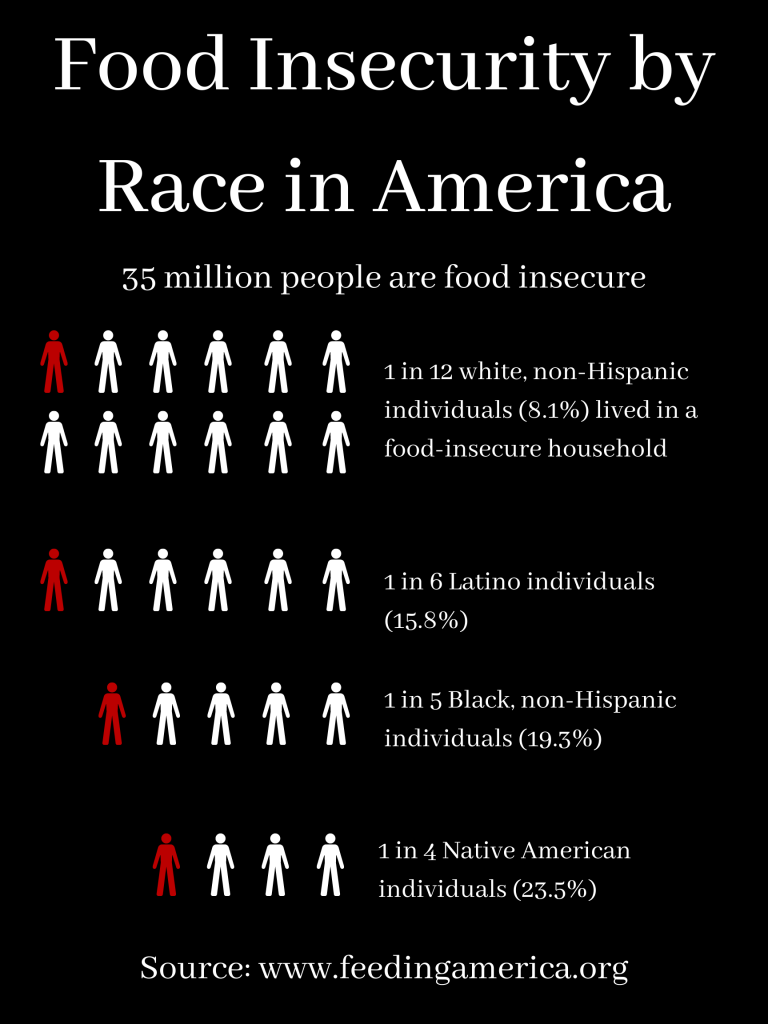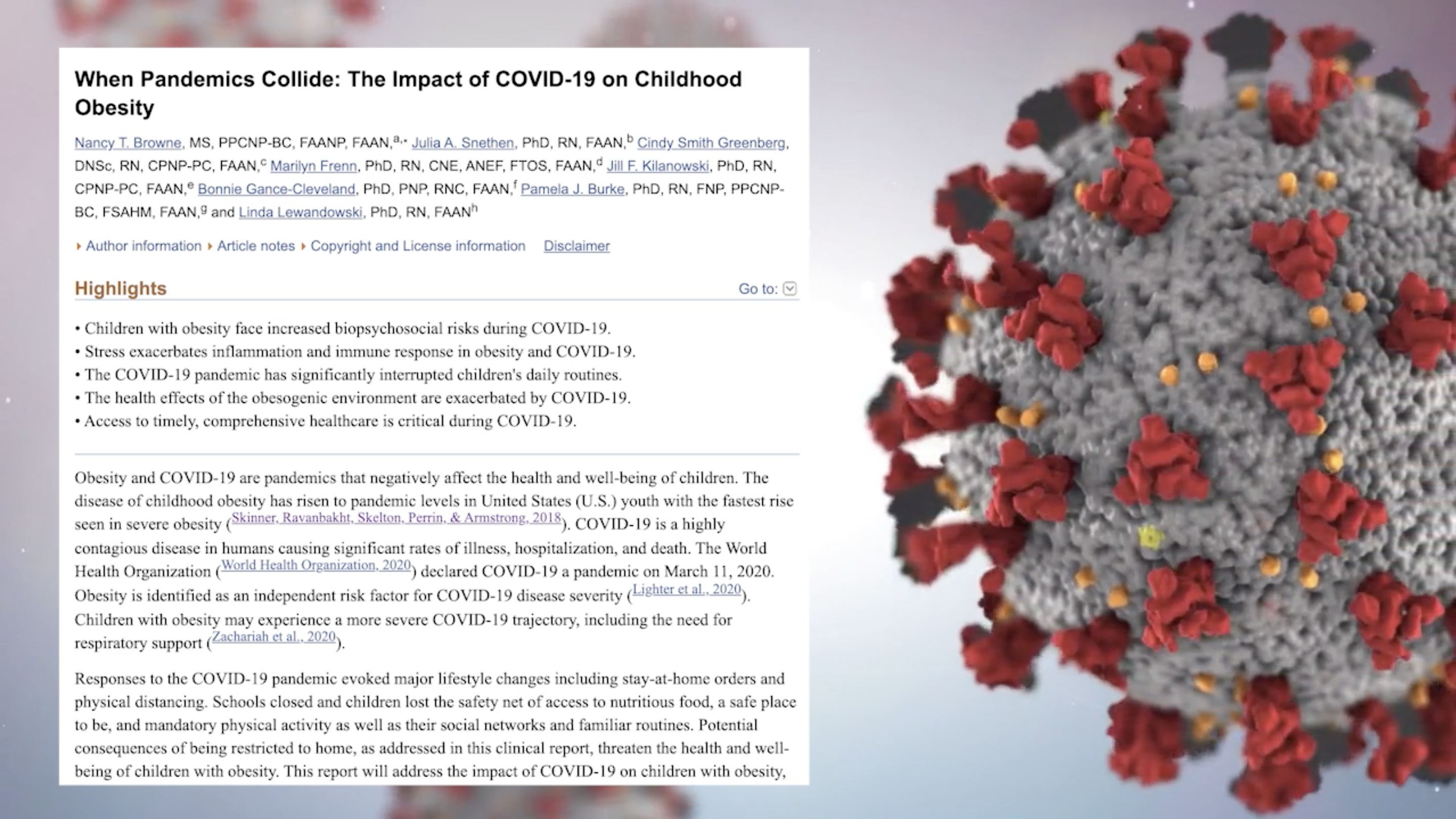There has been an increase in childhood obesity since the start of the pandemic, which is a high risk factor for COVID-19, according to a recent study from the National Center for Biotechnology Information. With the addition of the virtual learning environment to the lives of many students this year, students may have not become accustomed to the stagnant nature of being at home and did not obtain as much exercise as they normally would.
The study attributes this change to three factors: lack of physical activity, stress, and access to healthy foods. Brittany Rogers, a pediatric nurse practitioner for Athens Neighborhood Health Center, said she has observed this in eating habits through her wellness check ups with students.
Why It’s Newsworthy: COVID-19 has shown an impact on people’s health beyond simply being infected with the virus. Obesity is a major health issue in the U.S. and leads to many other diseases. Children have experienced less mobility due to COVID-19 and virtual learning, which contributes to the issue.
To address this issue, Rogers advises families to take a few steps from home: limit extracurricular screentime to no more than a hour a day, take a stretching break every 45 minutes to an hour, and complete 30 minutes to an hour of vigorous exercise such as jump roping, walking or biking.
In terms of Northeast Georgia, Rogers said she has observed this issue consistently over the pandemic in her work with families and said this can be partially attributed to food insecurity and how it’s addressed, which is a common issue in the area.
A recent national study found that food insecurity increased from 32.6 to 36% from March–July 2020. In 2021, 13 million children (1 in 6) may experience food insecurity according to Feeding America, and Athens has a food insecurity rate of 20.6% in children (5,200) as of 2017. This issue is further heightened by racial disparities in access to food.

Athens-Clarke County schools began to address this issue for their students. The school system launched a Fresh Fruits and Vegetables Program funded by a grant through the USDA. The new program became an addition to their weekly food pick-up locations for students in need of breakfast and lunch.
In addition to this opportunity through the school system, student organizations from the University of Georgia such as Food 2 Kids play a role in trying to resolve food insecurity among children in Northeast Georgia.
Prior to the pandemic, this organization distributed 600 to 1,200 bags with six meals and healthy snacks for children who receive free/reduced meal plans. These bags were delivered directly to the students at school by volunteers. Since the start of the pandemic, food distribution has changed.
“Since the beginning of the pandemic, however, as many as 50 million people could be at risk of hunger,” said Evelyn Huang, public relations chair for Food 2 Kids. “It has been absolutely incredible to see our organization grow this past year despite being socially-distanced. We are very proud of and thankful for our members who have volunteered at our mobile pantries and demonstrated their passion for serving our community.”
Currently, Food 2 Kids conducts meal distribution through mobile pantries and bag deliveries. It is estimated that their mobile pantry serves 150-200 families in Athens-Clarke County.
“The earlier that you can learn healthy eating habits the better,” said Rogers. “If you can change your habits early, start eating healthier foods, and cook healthier foods it will help us as a generation move into healthier lifestyles.”
Jayla Johnson is a senior majoring in journalism in the Grady College of Journalism and Mass Communication at the University of Georgia.









Show Comments (0)